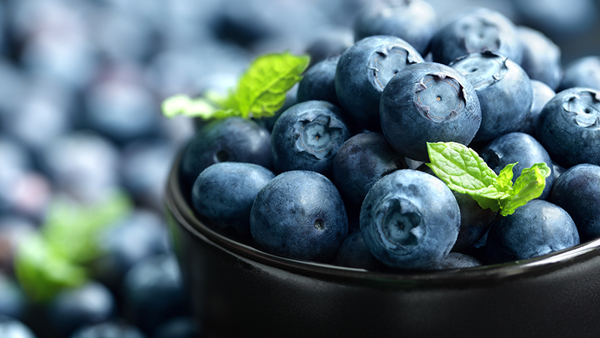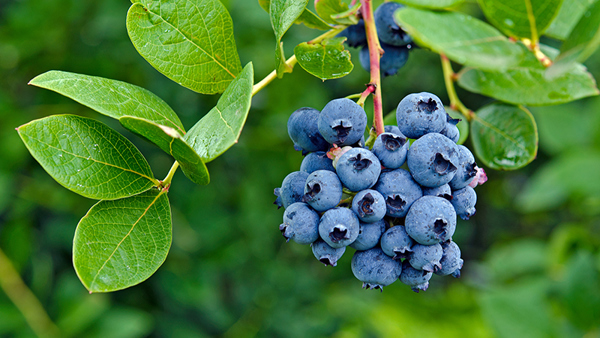Yates Account
Join now
Create a Yates account today!
Sign up to join the Yates Garden Club for monthly e-mails packed with seasonal inspiration, tips for success & exclusive promotions.
Plus if you’re a Garden Club member you can take part in the Yates Growing Community - a blog to share successes, get advice & win prizes in fun challenges along the way!

Forgot password
Enter the email address associated with your account, and we'll email you a new password.

Blueberries are said to be full of antioxidants that improve your health. A diet high in blueberries is even claimed to counteract the effects of aging. While some gardeners will grow blueberries because of these health-giving properties, most are likely to want them just because they taste so good.
How to grow Blueberries in a garden
- Choose a sunny spot with well drained soil. Enrich the soil with Yates Dynamic Lifter Organic Plant Food .
- Test the soil pH using a soil pH test kit, if the soil is alkaline or neutral, add Yates Soil Acidifier Liquid Sulfur to help lower the soil pH between 4.5 and 6.5.
- Soak bare-rooted plants in a bucket of water for 30 minutes prior to planting.
- Remove from bucket, position in hole and backfill, gently firming down. Form a raised ring around the plant, creating a well so that water will go where it’s needed most. Water in well.
- Mulch around the base with organic mulch like woodchip or pea straw, keeping it away from the trunk.
- Water deeply, once every 2-3 days, depending on weather conditions. Keep moderately moist at all times.
- Feed with Yates Thrive Camellia, Gardenia & Blueberry Granular Plant Food every 6 weeks. During flowering and fruiting, feed weekly with Yates Thrive Strawberry & Berry Fruit Liquid Plant Food.


How to grow Blueberries in a pot
Blueberries make wonderful pot plants! Just be sure to ask for a dwarf variety at your local plant nursery or garden centre.
- Choose a pot at least 400mm wide and deep.
- Position in full sun and protect from strong winds.
- Fill pot with an acidic potting mix, like one specially formulated for camellias and azaleas.
- Remove the plant from the container, gently tease the roots and cut away any circled or tangled roots.
- Position in pot, backfill, gently firm down and water in well.
- During flowering and fruiting, feed weekly with Yates Thrive Strawberry & Berry Fruit Liquid Plant Food.
- Throughout the year, apply Yates Thrive Fish Blood & Bone Plant Food Concentrate.
Growing tips
-
Depending on the variety you buy, you may need two plants for pollination and improved fruit production. If you don’t have the space, consider a self-pollinating/fertile variety.
- Pruning of blueberries isn't absolutely necessary, but light trimming can take place at almost any time during the growing season. Heavier pruning should be done in late winter. Flowers develop on the outer tips, so cutting back too often will reduce the crop.
- Don’t pick blueberries too early, leave them as long as possible to ensure they’re sweet.
















Share
Share this article on social media